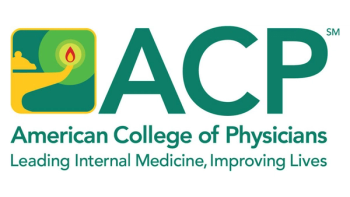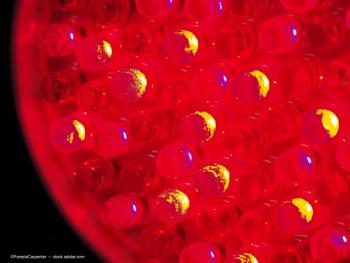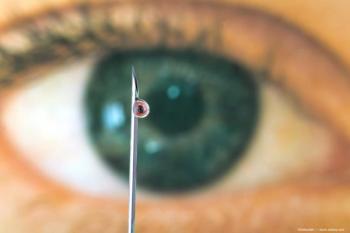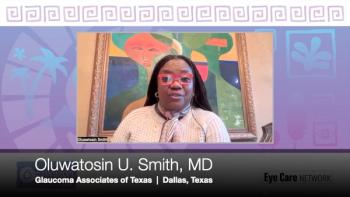
Multicenter study supports efficacy of novel gel stent in refractory glaucoma
Ab interno placement of a novel gelatin stent (XEN 45, Allergan) in eyes with refractory glaucoma lowers IOP and medication use with a low incidence of complications and adverse events, according to results of a U.S. multicenter trial.
Ab interno placement of a novel gelatin stent (XEN 45, Allergan) in eyes with refractory glaucoma lowers IOP and medication use with a low incidence of complications and adverse events, according to results of a U.S. multicenter trial.
The 6-mm long, flexible stent acts to lower IOP by allowing drainage of aqueous humor to the subconjunctival space, said Arsham Sheybani, MD.
The open-label non-comparative study investigating its performance in eyes with refractory glaucoma enrolled 65 patients who had failed filtering surgery or a cilioablative procedure and/or had uncontrolled IOP on maximum medication. Eligible patients had to have a medicated IOP and mean diurnal IOP between 20 and 35 mm Hg. At baseline the study population had a mean IOP of 25.1 mm Hg while on an average of 3.5 medications.
Eighty-five percent of eyes had a prior glaucoma procedure, almost two-thirds of the patients had failed prior incisional surgery, and about one-third of enrolled patients were non-Caucasian. Mean visual field mean deviation was about -15 dB.
“Clearly, this was a population with advanced glaucoma,” said Dr. Sheybani, MD, assistant professor of ophthalmology and visual sciences, Washington University School of Medicine in St. Louis, St. Louis, MO.
\Primary outcome analyses
Fifty-two patients were evaluable at 12 months. Results of the primary outcome analyses showed that 76.3% of patients achieved ≥20% IOP reduction from baseline on the same or fewer medications. Mean IOP was reduced by 9.1 mm Hg (-35.6%), falling from 25.1 mm Hg at baseline to 15.9 mm Hg at 12 months. Mean daily medication was reduced by more than 50% from 3.5 at baseline to 1.7 at month 12.
Findings of the safety review showed there were no intraoperative complications. Most adverse events were mild-to-moderate in severity, transient, and expected, Dr. Sheybani said.
The most common complications were needling (32%) and hypotony (25%).
“This was not a comparative study and so we cannot say whether the complications in this group of eyes receiving the gel stent are better or worse than those occurring with trabeculectomy or a tube procedure,” Dr. Sheybani said.
The needling rate was high, but this was a population at high risk for scarring, and there was a strict protocol requirement for needling early and often. The number of patients with hypotony was also high, but these events were early, none were sustained, and none required surgery, Dr. Sheybani said.
Other inclusion criteria for the study were age ≥45 years old, visual field mean deviation ≤-3 dB, and best-corrected visual acuity of light perception or better. The study excluded patients with angle closure or active neovascular glaucoma.
Review of surgical technique
Dr. Sheybani also reviewed the surgical technique for implantation of the stent, which is done using a preloaded injector. Per FDA requirement and in contrast to other studies of the device, the procedure was performed with subconjunctival mitomycin-C pre-treatment. The ideal position for the stent is about 2 mm in the subconjunctival space, 3 mm in the sclera, and 1 mm in the anterior chamber, Dr. Sheybani said.
Patients in the study are being followed to 18 months for safety evaluation.
Dr. Sheybani is a consultant to Allergan.
Newsletter
Don’t miss out—get Ophthalmology Times updates on the latest clinical advancements and expert interviews, straight to your inbox.





























